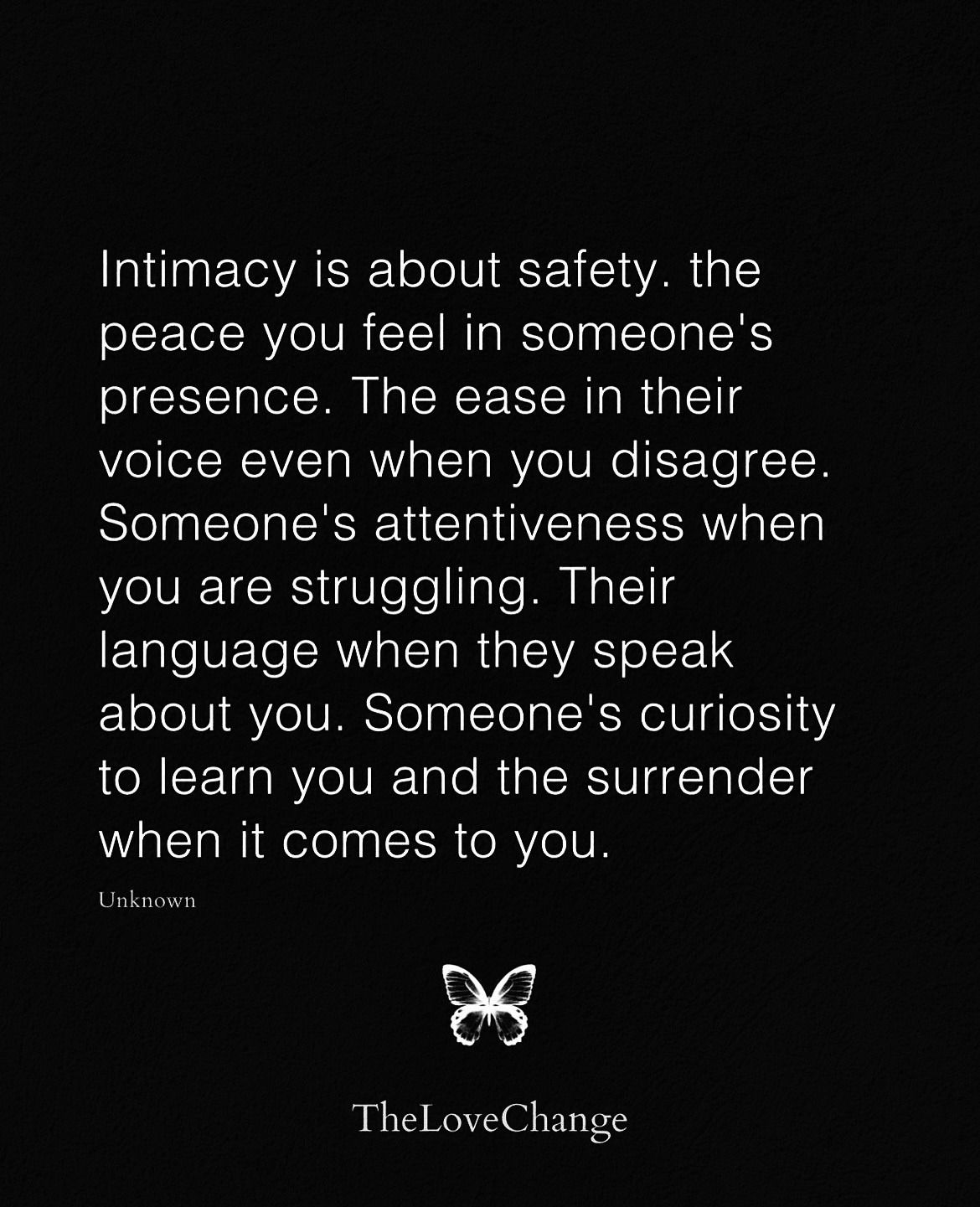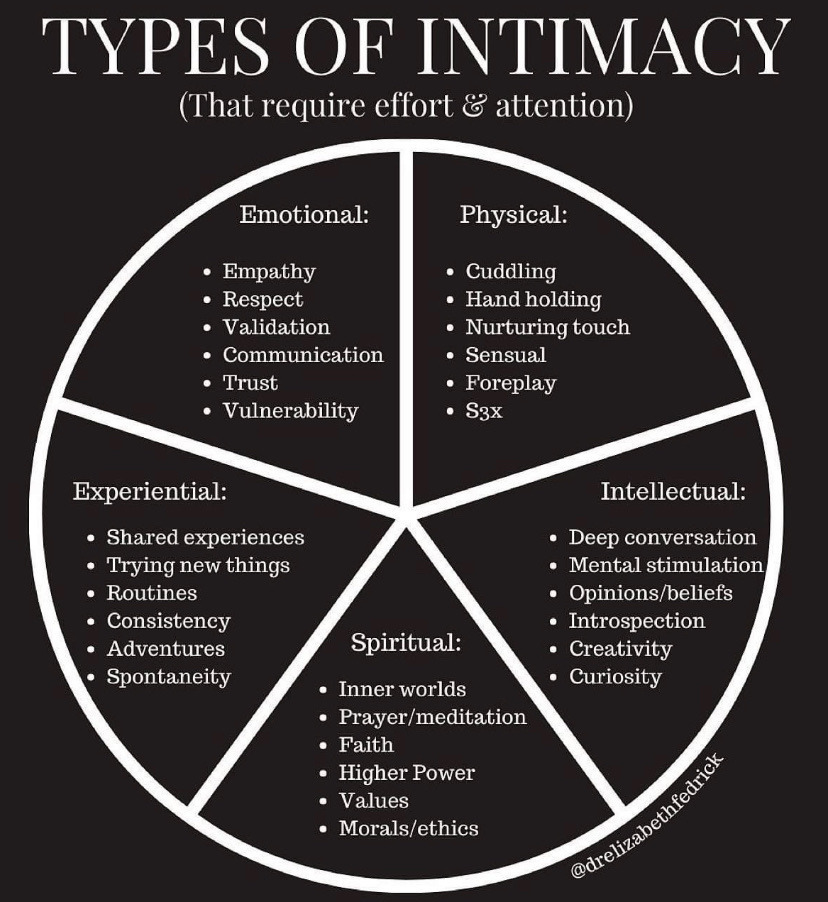Intimacy Does Not Scale
So, on another social network, a familiar pattern emerged earlier today:
- Person A discussing a matter of personal relevance, with a specific interpretation.
- Person B, not an immediate party to the conversation, but linked through other participant C, voices an apparently reasonable alternate viewpoint.
- Person A attacks B, largely for challenging A's narrative.
- Person B counterattacks A, calling out the hostility.
- Several others join.
(Please trust me that the details and specific conversation do not matter. The pattern is an archetype.)
In the ensuing conversation, a friend, online discussion facilitator, my own instance's admin, and a long-time friend from Google+ days, suggests a technical solution: context tags, applied by post authors.
TL;DR: I don't think technical fixes will work here.
- My first inclination on seeing several later posts in the thread was to note that some people operate in "conflict reduction" mode, others in "conflict amplification" mode. And that this might be a case of the latter.
- Turns out original posster (OP) on thre thread was in fact operating in "conflict amplification" mode: failing to take a charitable interpretation of an interaction.
- With four decades of online experience ... I've come to the conclusion that explicitly-invoked technological fixes won't do much here. I'd long thought otherwise.
Additionally:
- There's a technology that's emerged in the past decade supplying many of these capabilities, emojis. Though they have their own limits and pitfals.
- There are in fact words which can express all of these things.
In intimate conversation ---a case where both or all parties in the same space and time --- there are additional ample side-channels for subtexts to be communicated, including both conflict-diminishing and conflict-escallating ones. And miscommunications and disproportionate responses still occur all the time. Who has never had a fight or misunderstanding with a partner?
It's far harder in mediated discussion. We're operating with much less bandwidth, poorly-developed conventions, and widely divergent expectations and practices. Media is intermediate agency. Media gives scale, but scale gives conflict.
On the Fediverse, any discussion extends beyond the immediate participants. This includes DMs (instance admins can view posts). "Unlisted" toots skip the main timelines, but are accessible to anyone with Web connection, and even "Followers-only" discussions can join across multiple accounts' follower lists (though often in fragemented form). Numerous other social platforms and protocols have symilar dynamics.
We're having a public conversation in a very large room with really strange acoustics. Whispers carry 'round the world (and beyond), and resonate for years. And yes, this means others can listen, and engage. There are many people who seem to believe this is not the case. Unfortunately, that's a belief strongly at odds with reality. Such misalignments often result in disappointment.
(Though yes, if I want to ensure I am only talking with the intended reciipients to the limits of the system, I'll employ DMs. There are of course stronger levels of assurance possible.)
My response to people who respond with hostility is generally to mute or block them. If constructive engagement isn't possible, then don't try to force it ("Block Fuckwits": https://toot.cat/@dredmorbius/104371585950783019)
Which of course means that this theoretically rich social web we have develops some interesting holes and disconnections. (I've been thinking that the emergent structre created by personal and instance-level blocking and muting may be one of the more interesting bits of social networks, creating a resilient structure in an otherwise often structureless space.)
Solution-shaped Objects
I'm not sure what solutions might exist, though some thoughts:
- Practicing de-escallation smooths over a tremendous amount of frictions.
- Some people see that itself as perpetuating offence or shifting load (social, emotional), possibly to those least able to address it.
- B responded in a self-defence mode. Note that this was largely a matching of the empathy level shown and demonstrated. I'm increasingly given to doing this myself, though usually not immediatel in an exchange.
- A quick "hat check" on a profile in question also frequently answers questions about temperment. For obvious trolls and griefers I'll simply block/ignore immediately. The supply is endless, pick your battles. A subsequent subtoot might be warranted for others, but irrationality by definition cannot be reasoned with.
- Sometimes encounters born in conflict are fruitful, and I've had a few of those. Less so in recent years, though I'll have to admit.
- Be mindful of how your own comments might be interpreted or read, in context. If someone expresses tediousness or unwillingness to continue a discussion, take the hint. (A major trigger of my own block is in fact others insisting on continuing a discussion I've no interest in.)
- If you suspect someone of a tendentious or beligerent viewpoint, rather than attacking on first encounter, requesting clarification may be useful. From me, a "???" indicates "I'm sorry, I don't quite understand, could you please explain in more detail or clarify?" The reasonable will do so. The unreasonable will quite frequently reveal themselves fully at this point.
Socialisation ... may help. That is, training people in the characteristics of the system, public nature of most discussion, and the principles of de-escallation. That only scales so far though. Early Usenet had ~100k active participants and a potential reach of ~1m people (Brian Reed, 1988, via J. Quarterman's The Matrix, 1990). Several subsequent online communities seemed to hit inflection points of increasingly toxic behaviour at ~100k -- 1m users. Arguably a huge function of present 1 billion+ social media networks is hygiene functions.
Instance admins may be able to assist. The instance admin in question here has decades of experience, and far more patience than I, here.
Mostly, though, the message seems to be that Dave Winer was right: conversation doesn't scale very well.
Intimay is Technologically Resistant
I'd used the term "intimate" earlier, and as I consider various forms and modes of media, I'm more strongly convinced that that is the proper contrast with "mediated" interactions.
Intimacy is close, near, full-contact, and small. Intimacy does not scale. Intimacy is the opposite of scale.
All our intermediations put something between individuals: time, space, equipment, records, codes, algorithms, or simply scale itself. One of the longest promises of technology is that it can scale intimacy. I'm inclined to believe that this is a fundamental contradiction, and hence impossible.
#intimacy #scale #media #intermediation #conflict #conflictResolution #Deescallation #publicBehaviour #behaviour #psychology #sociology #SocialMedia #TheFediverse



